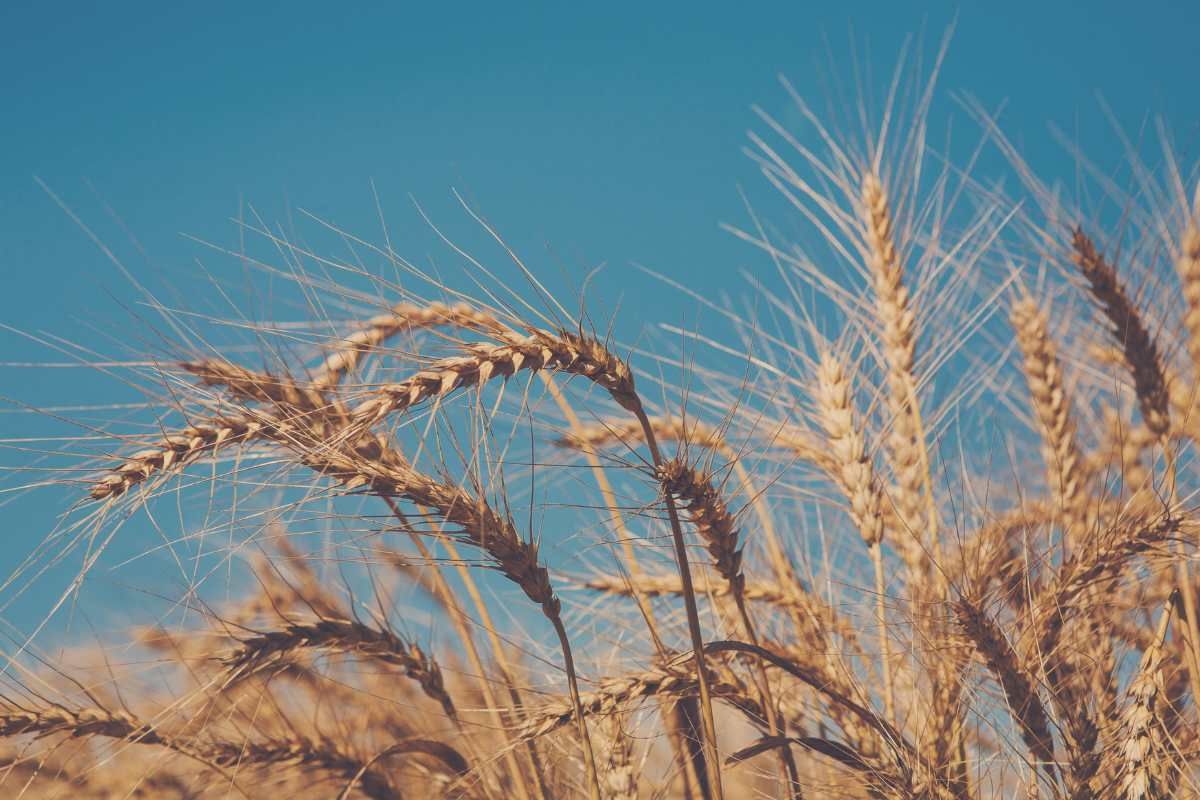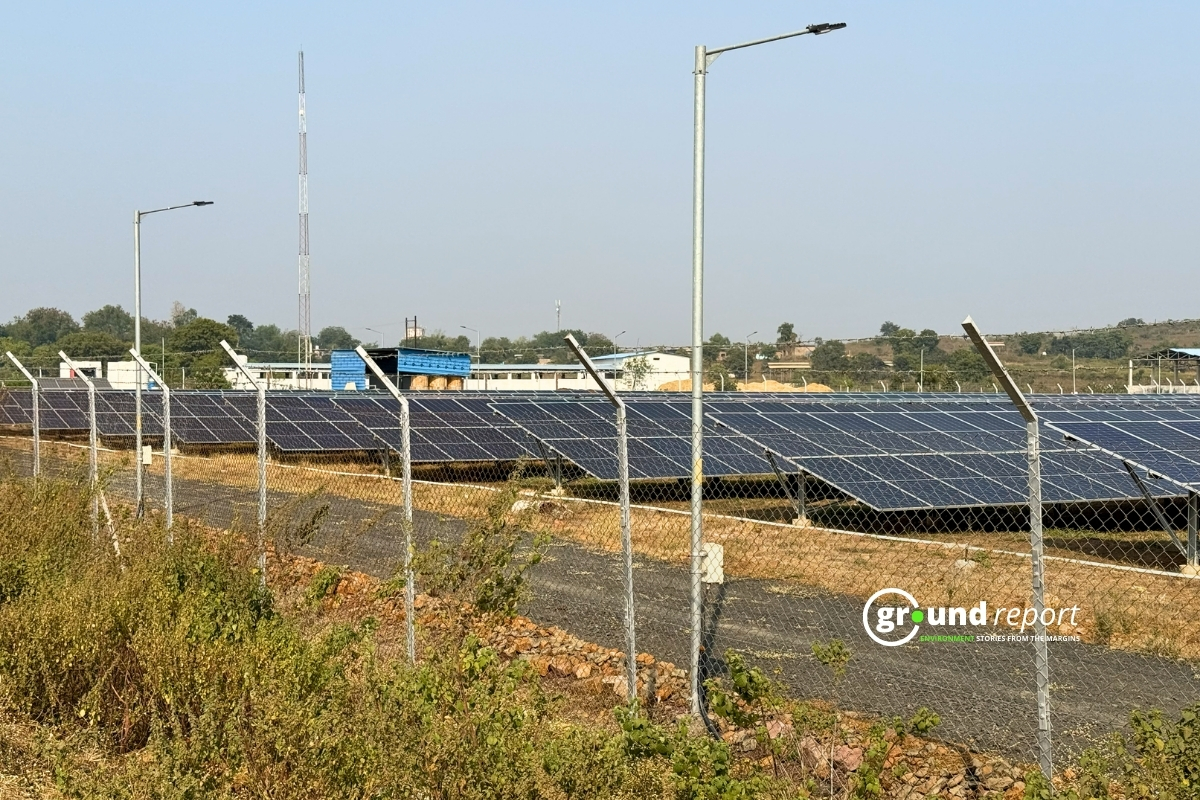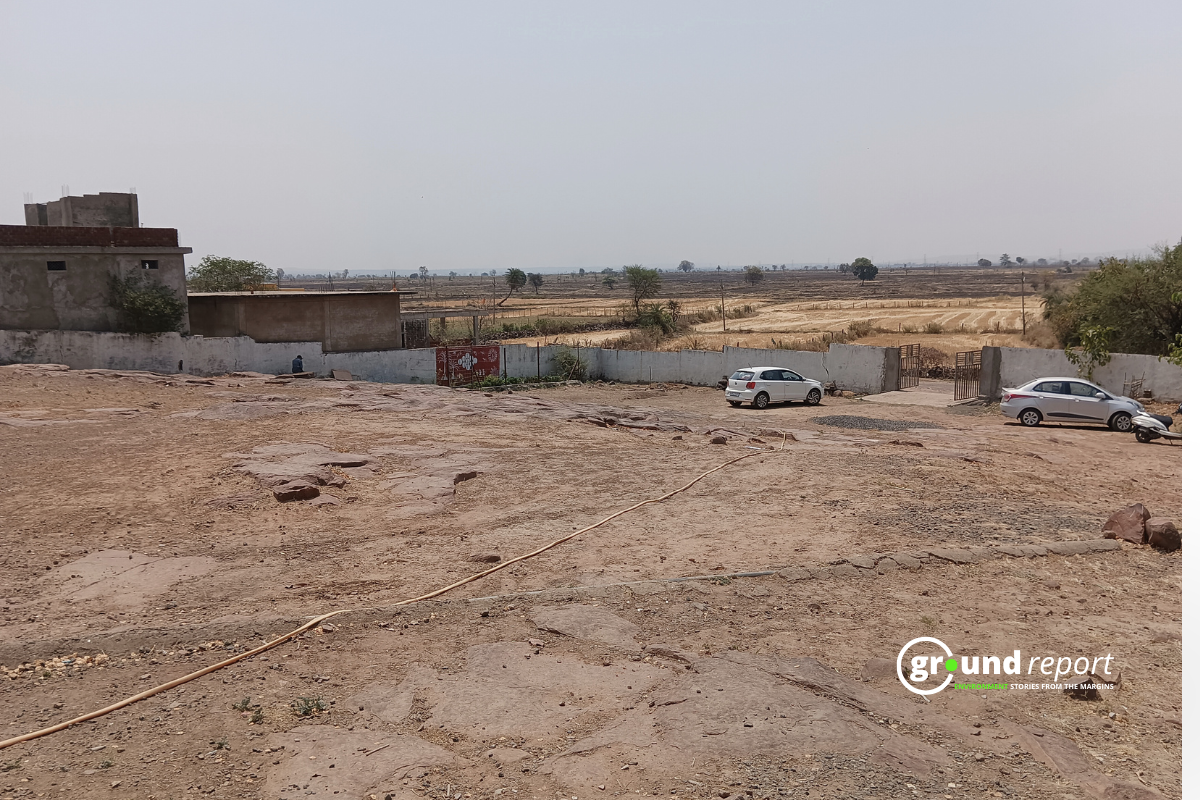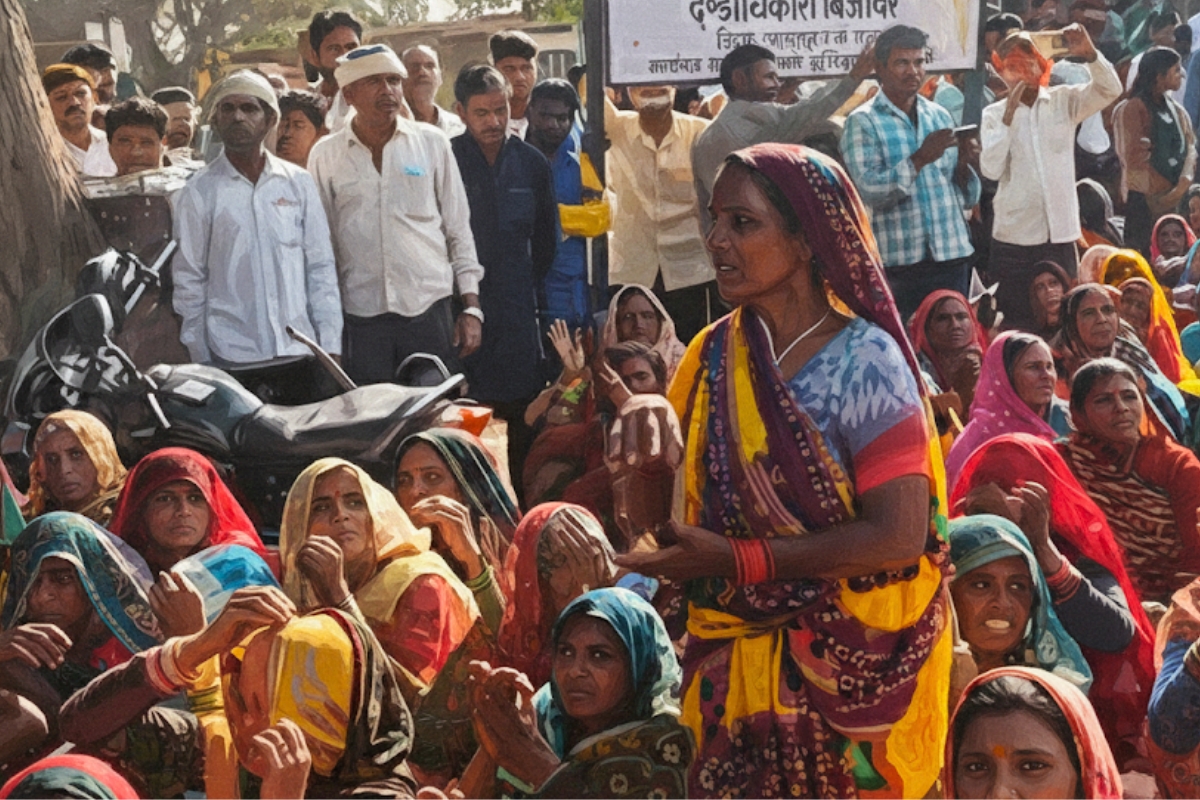Rising global temperatures are leading to shifts in seasons and an increase in extreme weather events, such as droughts and heat waves, which pose a significant threat to harvests and food supplies. A recent study conducted by a researcher from Tufts University‘s Friedman School of Nutrition Science and Policy has highlighted the escalating likelihood of extreme temperatures affecting wheat-producing regions in the United States and China.
Increasing frequency of extreme heatwaves
The study published in the journal npj Climate and Atmospheric Science findings reveal that heat waves, historically expected to occur once every hundred years, are now expected to occur once every six years in the US Midwest and once every 16 years in northeastern China. These predictions emphasize the necessity for preparedness, even for events that have yet to materialize.
Erin Coughlan de Perez, the paper’s lead author and a professor at the Friedman School, emphasizes that it is no longer sufficient to rely on historical data to gauge future climate conditions. The changing climate requires recognition of current opportunities for extreme events that are often underestimated.
The latest report from the Intergovernmental Panel on Climate Change confirms that the average global surface temperature over the last decade has increased by 1.1 degrees Celsius compared to the period between 1850 and 1900. To assess the effect of this temperature increase on the risk of extreme weather, Coughlan gathered de Perez and her team a substantial collection of seasonal forecasts spanning the past 40 years.
Using this ensemble of data, they generated multiple scenarios that encompass variations in temperature and precipitation, effectively representing the full spectrum of potential outcomes in a given year. Using the Unprecedented Simulated Extreme Ensemble (UNSEEN) method, the researchers were able to estimate the frequency with which extreme temperatures that exceed critical growth thresholds for wheat are likely to occur.
Impact of climate change on food production
The impact of climate change on food production is already evident worldwide, with droughts and other extreme weather events disrupting agricultural operations. The Horn of Africa experienced a devastating drought that began in 2020, leading to the loss of crops and livestock and leaving millions of people in need of humanitarian assistance. Climate change was identified as the main cause of this drought by the World Weather Attribution Network.
“In the Midwest, we used to see seasons where enzyme degradation that crossed the threshold would occur for only four or five days on average, which was quite unusual,” said Coughlan de Perez, who is also affiliated with the Feinstein International Center at the Friedman School. “However, our research revealed potential alternative scenarios in the current climate, which project a period of 15 days exceeding this threshold, which we expect to have significant harmful effects.”
Climate impacts disrupt wheat harvest
This year, China’s largest wheat-growing province, Henan, has faced challenges in harvesting grain due to late rains and earlier damage caused by wet weather. These examples underline the vulnerability of food production to climate-related disturbances.
The study used climate models to assess the impact of heat waves on winter wheat crops in the Midwest and Northeast China. High spring temperatures can hinder wheat growth and cause the breakdown of important enzymes in the plant. The models revealed that heat waves previously expected to occur every 100 years in 1981 are now estimated to occur every six years in the Midwest and every 16 years in northeastern China.
Such severe heat waves can lead to crop failure, which poses a significant threat to global food security. Coughlan de Perez emphasizes that these important agricultural regions have never experienced temperatures as high or harmful as those predicted by climate models.
Preparing for extreme events and disasters is critical, especially in areas that have not recently faced such challenges. Weston Anderson, an associate scientist specializing in climate impacts on food security, emphasizes the increasing risks to important crops as the world continues to warm.
The study offers a robust assessment of threats to the food system beyond historical records, providing valuable insights into the vulnerability of food production.
Extreme weather threatens wheat supply
Although the study did not find a strong correlation between heat wave patterns in the Midwest and northeastern China, simultaneous extreme weather events in both regions remain a possibility. This could lead to a sharp drop in the supply of wheat and subsequent price increases. China produced about 17% of the world’s wheat in 2022, while the United States produced about 6% from the Midwest.
Wheat imports play a crucial role in ensuring nutrition in many countries. The disruption of wheat exports from Russia and Ukraine due to political tensions in early 2022 sent global wheat prices soaring, raising fears of famine in several countries in Africa and the Middle East that are heavily dependent on these supplies. The situation eventually eased when the countries reached an agreement allowing Ukraine to resume wheat exports.
“My hope is that we can tell people that their death has changed. You can roll something really extreme,” said Coughlan de Perez. “You might not hit an eight for a while, but I think it’s worth having some plans in place for when it happens.”
“I think with climate change we suffer from a failure of imagination. If we don’t imagine what kind of extremes can happen, then we won’t prepare for them,” says Coughlan de Perez. “We don’t need to be surprised. We can use tools at our disposal to try to understand what is possible and be ready when it happens.
Keep Reading
Part 1: Cloudburst in Ganderbal’s Padabal village & unfulfilled promises
India braces for intense 2024 monsoon amid recent deadly weather trends
Support us to keep independent environmental journalism alive in India.
Follow Ground Report on X, Instagram and Facebook for environmental and underreported stories from the margins. Give us feedback on our email id greport2018@gmail.com.
Don’t forget to Subscribe to our weekly newsletter, Join our community on WhatsApp, and Follow our YouTube Channel for video stories.









